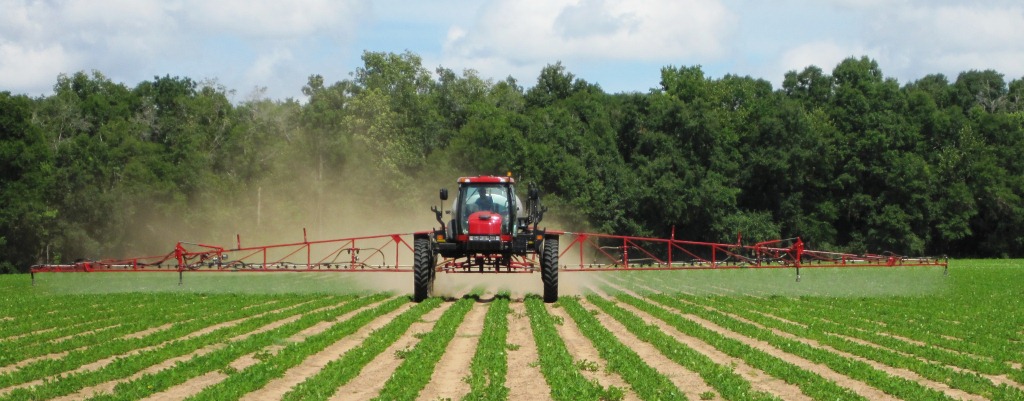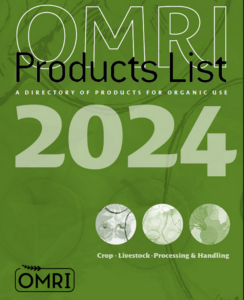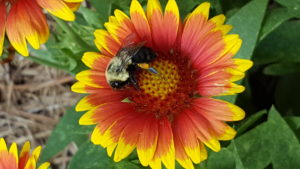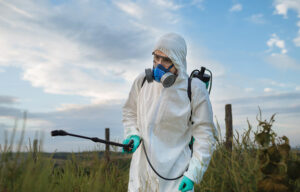
El inglés es el idioma de control de esta página. En la medida en que haya algún conflicto entre la traducción al inglés y la traducción, el inglés prevalece.
Al hacer clic en el enlace de traducción se activa un servicio de traducción gratuito para convertir la página al español. Al igual que con cualquier traducción por Internet, la conversión no es sensible al contexto y puede que no traduzca el texto en su significado original. NC State Extension no garantiza la exactitud del texto traducido. Por favor, tenga en cuenta que algunas aplicaciones y/o servicios pueden no funcionar como se espera cuando se traducen.
Inglês é o idioma de controle desta página. Na medida que haja algum conflito entre o texto original em Inglês e a tradução, o Inglês prevalece.
Ao clicar no link de tradução, um serviço gratuito de tradução será ativado para converter a página para o Português. Como em qualquer tradução pela internet, a conversão não é sensivel ao contexto e pode não ocorrer a tradução para o significado orginal. O serviço de Extensão da Carolina do Norte (NC State Extension) não garante a exatidão do texto traduzido. Por favor, observe que algumas funções ou serviços podem não funcionar como esperado após a tradução.
English is the controlling language of this page. To the extent there is any conflict between the English text and the translation, English controls.
Clicking on the translation link activates a free translation service to convert the page to Spanish. As with any Internet translation, the conversion is not context-sensitive and may not translate the text to its original meaning. NC State Extension does not guarantee the accuracy of the translated text. Please note that some applications and/or services may not function as expected when translated.
Estoy de Acuerdo / Eu concordo / I agree





What made it so helpful? (Optional) Send Explanation
What separates NC State University from other schools? The same thing that connects it to every corner of North Carolina: NC State Extension. Working hand-in-hand with our partners at N.C. A&T and 101 local governments, we conduct groundbreaking research that addresses real-world issues in communities across the state.
NC State Extension is the largest outreach program at NC State University. Based in the College of Agriculture and Life Sciences, we reach millions of North Carolina citizens each year through local centers in the state's 100 counties and with the Eastern Band of Cherokee Indians. Learn More About NC State Extension
We have several topic based email newsletters that are sent out periodically when we have new information to share. Want to see which lists are available?
Subscribe By Email chevron_right
Integrated Pest Management (IPM) is a sustainable approach to managing pests that combines multiple approaches including prevention, avoidance, pest monitoring and suppression in a manner that minimizes public health, economic, and environmental risk. IPM serves as a framework to provide an effective, comprehensive, low-risk approach to protect people and resources from pests.
Ultimately, the goal with an IPM program is to help stakeholders deal with pests—insects, plant diseases, weeds, and more—with methods that reduce risks to public health and the environmental while saving money.
The North Carolina Extension IPM Program serves as a focal point for team building, communication and stakeholder participation in integrated pest management (IPM) within the state. Program goals include promoting effective and economical management of pests, reducing risks to human health from pests and pest management practices, and minimizing environmental effects through the adoption of IPM on a variety of crops and settings in North Carolina. These goals are achieved by the timely delivery of IPM technology and research information to stakeholders in all regions of the state.
Leadership of the Extension IPM Program in North Carolina is provided by an IPM Coordinator (designated by the Director of the North Carolina Cooperative Extension Service), an established Advisory Board, and working groups. Dr. Danesha Seth Carley, the current IPM Coordinator, accepted the NC IPM coordinator position in 2013.
The Extension IPM Coordinator involves faculty and staff from North Carolina State University and North Carolina A&T State University in IPM activities across the state, communicates program successes, and maintains stakeholder input via the Advisory Board and the IPM portal, as well as multiple training sessions and meetings.
The Advisory Board provides advice to the Extension IPM Coordinator regarding the direction of the IPM program in the state. It is composed of a wide variety of IPM stakeholders, including North Carolina State University and North Carolina A&T State University faculty, non-governmental agencies, environmentalists, North Carolina Department of Agriculture & Consumer Services personnel, farmers and agricultural consultants.
The North Carolina Extension IPM Program focuses on delivering IPM content to our stakeholders and community members through a variety of activities. The primary activities include information delivery, pest monitoring and data management, evaluation and needs assessment tools development, and programs to magnify statewide IPM impacts.
The Extension IPM Program is a cooperative effort of the USDA NIFA, North Carolina Cooperative Extension Service, North Carolina State University, and North Carolina A&T State University. It also works in partnership with the Southern IPM Center, located at North Carolina State University in Raleigh, and acts to promote IPM in North Carolina and the Southern United States.
Funding for the North Carolina Extension IPM Program is provided by competitive grants from the U.S. Department of Agriculture’s National Institute of Food and Agriculture (NIFA).
NC State University and N.C. A&T State University work in tandem, along with federal, state and local governments, to form a strategic partnership called N.C. Cooperative Extension, which staffs local offices in all 100 counties and with the Eastern Band of Cherokee Indians.
N.C. Cooperative Extension prohibits discrimination and harassment on the basis of race, color, national origin, age, sex (including pregnancy), disability, religion, sexual orientation, gender identity, and veteran status.